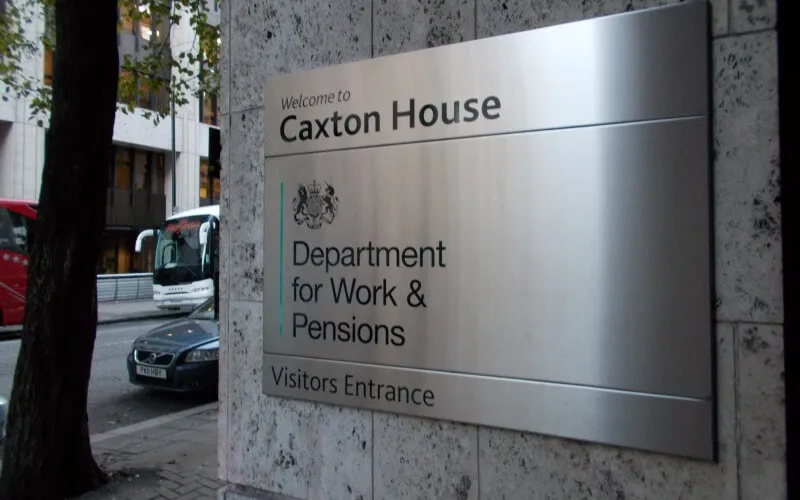New figures have shown how the backlog of disabled people waiting for a personal independence payment (PIP) assessment has more than trebled in the last five years.
The Department for Work and Pensions (DWP) figures, secured by Disability News Service (DNS) through a freedom of information (FOI) request, shows there are now more than 310,000 people waiting for an assessment.
The size of the queue was 88,500 in October 2016 but this had risen to nearly 312,000 by December 2021.
The unpublished figures, which DWP stressed had not been “quality assured” to official statistics publication standards, confirmed that the backlog had begun rising steeply far before the pandemic began in early 2020.
The number of cases held with PIP assessment providers Capita and Atos was about 89,000 in October 2017 but by October 2018 it had risen to nearly 134,000, before rising again to about 143,000 in October 2019.
After about six months of the pandemic, it had risen to 189,000, and by November 2021 it had reached 295,000.
Just a month later, the backlog had risen again, to 311,870.
Only last month, DNS reported how growing evidence suggested disabled people were facing significant and increasing delays and backlogs in the PIP system.
Chloe Smith, the minister for disabled people, told Labour’s Ian Lavery in September that the pandemic had caused “distortion” and that “work is ongoing to manage the recovery”.
Vicky Foxcroft, Labour’s shadow minister for disabled people, said: “This government has long promised to fix the problematic assessment system; this FOI is yet more damning evidence of their failure to act.
“Disabled people deserve so much more than long waits for assessments, which we know lead to unnecessary stress and financial hardship.
“It’s about time ministers fixed the assessment system.
“A Labour government would put disabled people at the heart of the system and ensure they’re treated with respect and provided with security.”
A DWP spokesperson declined to say why Chloe Smith thinks the backlog has risen so steeply, whether she is concerned by the increase, and what steps she is taking to reduce it.
But the spokesperson said in a statement: “We closely monitor the progress of cases awaiting assessment and take all steps possible to ensure claimants are assessed in the most efficient way to ensure they get the support they are entitled to as quickly as possible.
“This includes the use of face-to-face, paper-based, telephone and video appointments.”
A note from the editor:
Please consider making a voluntary financial contribution to support the work of DNS and allow it to continue producing independent, carefully-researched news stories that focus on the lives and rights of disabled people and their user-led organisations.
Please do not contribute if you cannot afford to do so, and please note that DNS is not a charity. It is run and owned by disabled journalist John Pring and has been from its launch in April 2009.
Thank you for anything you can do to support the work of DNS…

 Government ignores warnings of new DWP deaths, and UN intervention, as MPs pass universal credit cuts bill
Government ignores warnings of new DWP deaths, and UN intervention, as MPs pass universal credit cuts bill Urgent letter from UN to Labour government warns: We think your cuts continue Tory attack on disability rights
Urgent letter from UN to Labour government warns: We think your cuts continue Tory attack on disability rights Race against time to secure DWP deaths evidence before parliament passes new benefit cuts bill
Race against time to secure DWP deaths evidence before parliament passes new benefit cuts bill